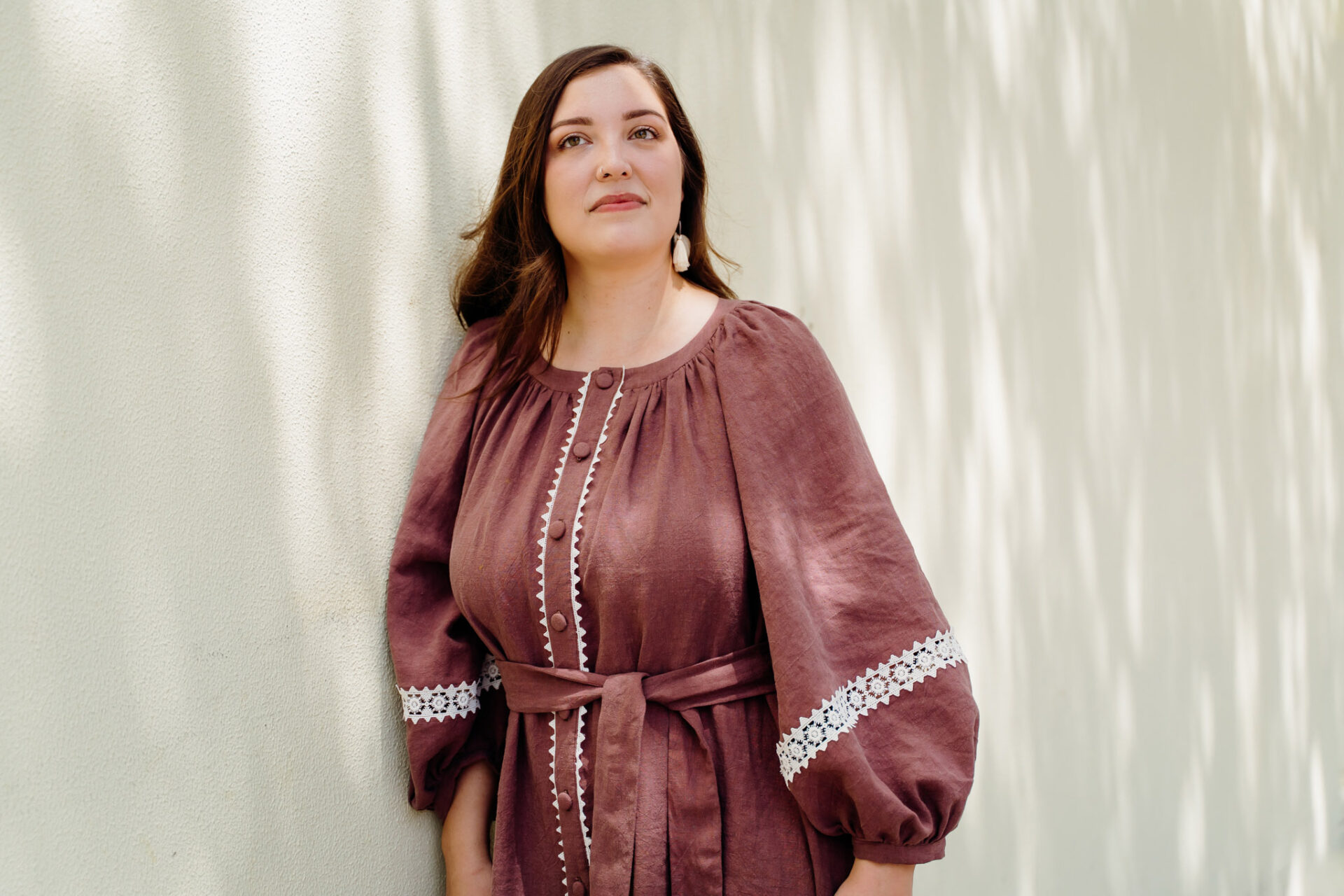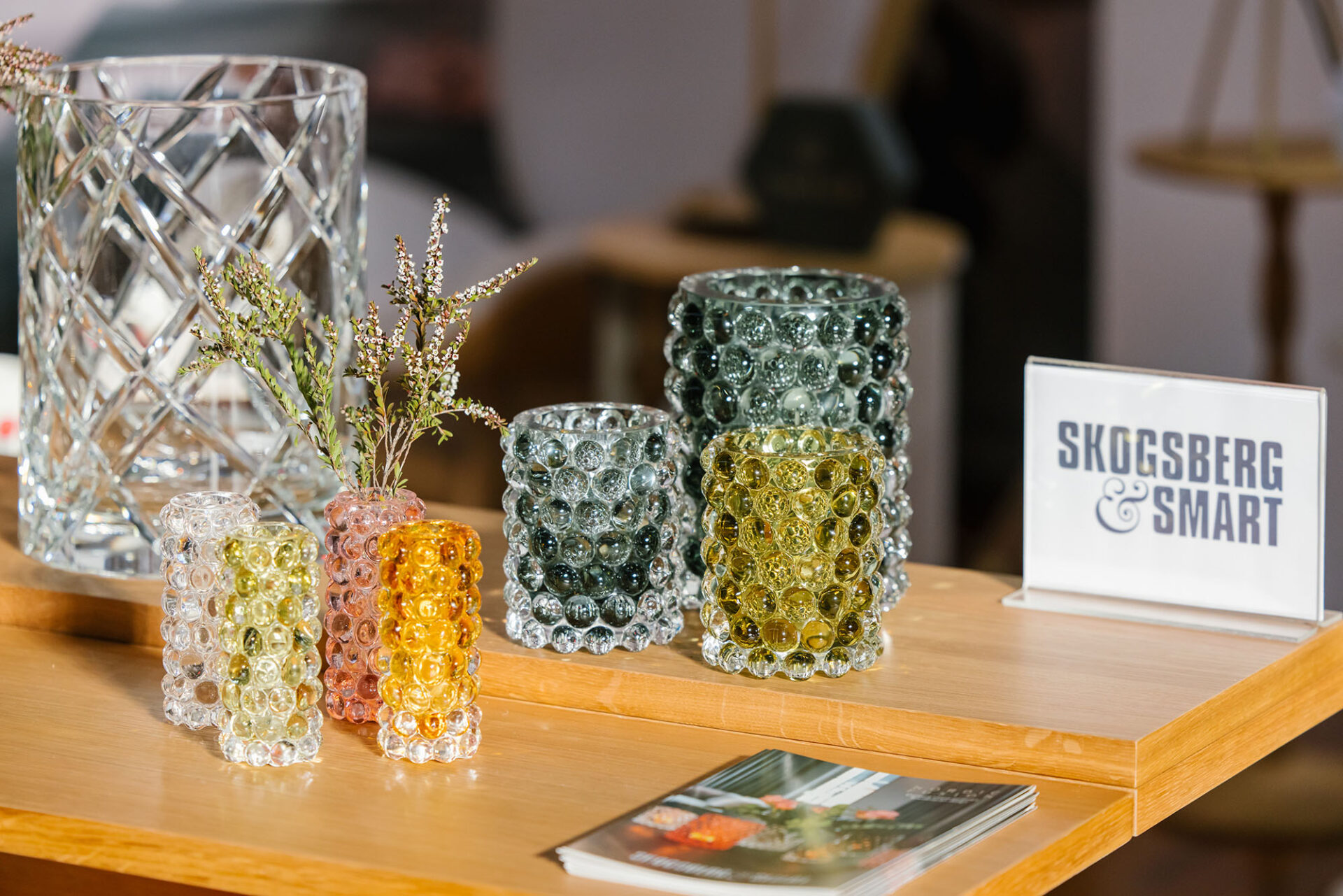What’s Fair is Fair
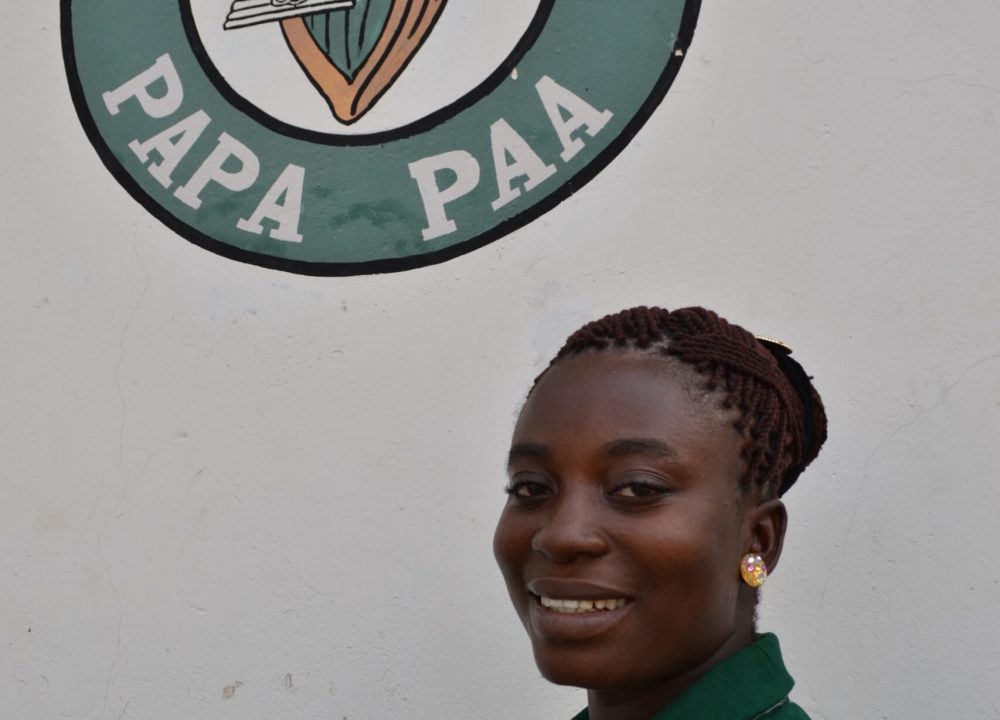
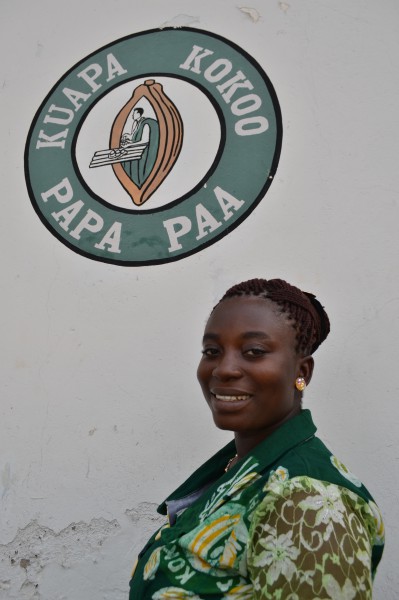
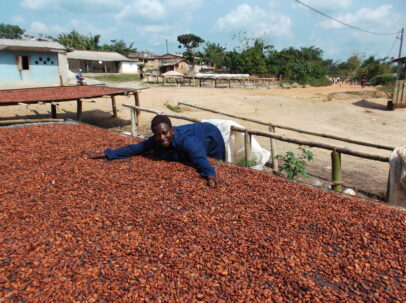
We all expect to receive a fair day’s pay for a fair day’s work – but unfortunately, many people around the world still don’t have access to this basic human right. This year’s Fairtrade Fortnight (running 2-18 May 2014) aims to encourage more of us to ‘change the world, one purchase at a time’ by looking out for ethically sourced Fairtrade Certified items such as coffee, chocolate, tea, flowers, sugar and cotton. We spoke to Esther Mintah Ephraim, a 28-year old cocoa farmer from western Ghana who works on her family’s Fairtrade cooperative farm, to find out about the big impact our tiny choices can have on farmers’ lives.
What is an average day like on your farm?
I rise early in the morning, get ready and eat breakfast. After that, I walk to our farm which is 3km away. I check the cocoa pods for ripeness, weed and do other activities for a few hours around the farm. I then go home to prepare lunch. After lunch I rest, then I go to the cocoa shell [office] to perform my duties as a recorder for Kuapa Kokoo – the cooperative I have been a member of for 8 years. I receive cocoa from farmers, which involves checking the quality, weighing their cocoa and paying them. I close the cocoa shell at 5pm and go home and prepare dinner with my family.
How many members of your family work on the farm?
My parents are Mr Emmanuel Mintah and Mrs Rose Nyarkoh – they are sixty and fifty respectively. I also have five siblings: three brothers and two sisters. My two youngest siblings are still at school and my other siblings work on the farm with me. During busy times such as harvest, we may receive a helping hand from 10-20 other farmers in our community. This is called ‘nnoboa’ in my local dialect, which means ‘collective spirit’.
What are the challenges of cocoa farming?
Our farm is 38 acres and I have to walk 3 kms every day to get there. Farming cocoa is hard work but at really busy times such as harvest, we bring extra people in to help. Harvesting season begins from September and runs through until May and planting begins in April and runs through to December. [During harvest we] break the pods, remove the seed from the placenta, ferment the seed bring them to the house for drying and send them to the cocoa shell to weigh. We harvest about 40-50 bags of cocoa per year.
How has being part of the Fairtrade system impacted your life?
We receive so many benefits as a family and community from Fairtrade – a fair price, cutlasses (essential for opening the cocoa pods), access to healthcare (through the provision of a mobile health clinic), access to potable water year-round (through the provision of a hand dug well), and training in farming practices as well as additional skills training (soap making, batik printing to enable us to earn income during non-harvest times). Kuapa Kokoo also gives a voice to women and allows them to participate in the decision making process, as well as to vote and hold positions within the organisation. Through the Fairtrade Premium, we have also received training in environmentally sustainable farming practices e.g. we space our trees and grow shading trees, and we have been able to increase the quality of our cocoa.
How has your local community benefitted?
We joined Fairtrade because we saw the benefits that others were getting from it, and it has enabled us to have a better standard of living than other farmers. To me, my family and my community, Fairtrade means the principles of democracy, fairness and empowerment of women. We are able to produce a higher quality of cocoa bean due to the training. We also benefit from the economic and social developments funded through the Fairtrade Premium (paid on top of the minimum price) such as access to clean water, healthcare and education. By buying Fairtrade products, you can help farmers in other countries improve their lives. Fairtrade helps people like me and my family live better and achieve our goals.
JOIN OUR MAILING LIST
Brighten up your inbox with our not-too-frequent emails featuring Peppermint-related news, events, competitions and more!
explore
More articles
Look, I don’t want to make anyone panic but IT’S DECEMBER!!! If you’re planning to give homemade gifts, you’re going to have to act fast. …
Hang out with us on Instagram
As issue 64’s gorgeous cover artwork by artist @LisaCongdon proudly proclaims: you belong here. Yet for trans and non-binary people, acceptance still remains hard won – and increasingly under threat.
In our latest issue, we spoke to actress and transgender rights advocate @GeorgieStone, multi-hyphenate life coach, pilates and meditation teacher, diversity educator and runway model @RudiLandmann, artist and seven-time Archibald finalist Kim Leutwyler (@CarlosBob) and multidisciplinary artist Sunday Jemmott of @SundaysArtClub about their wins and worries – and why belonging matters deeply.
Read more from our ‘Transforming the Narrative’ feature in issue 64, at newsagents and stockists now!
Photos: @NickCog, @KateLukePhotography for @DangerousFemales, Kim Leutwyler, @RissVisualStudio
#PeppermintMagazine #YouBelong #TransLivesMatter #NonBinary #HumanRights

Who’s going to the sold out Liberty Fabrics Showcase in Brisbane or Melbourne? 🙋♀️
To say we’re excited is an understatement! Maybe we’re biased because our lovely Laura (Sewing Manager) is walking in the fashion parade along with many other incredible sewists in our community, but also - there’s SO many good things: retail stalls featuring exclusive products, rare finds and all things @LibertyFabrics, and sneak peeks at brand-new quilting and fashion collections, including the Liberty Fabrics Spring/Summer ‘Floral Rebellion’ collection.
Also - Liberty legends Mary-Ann Dunkley (Head of Design) and Anna Buruma (ex-Head of Archive) are flying in from London especially!
Keep an eye on our socials this weekend for BTS! 🌸🌼🌺
Brisbane 7/2/26
Melb 14/2/26
From @Laura_The_Maker:
If you know me irl then you probably know that I only do one take for my reels so enjoy this vid of me saying thousands of words about an exciting collaboration I’m participating in for 2026!
Thanks to the teams @2GreenZebras @Regent_Street_Fabrics and @StyleArc for including me on the runway. I absolutely can’t wait!
Obviously I’ll be hoping for enough scrap fabric to make some kind of accessories…
#libertyfabrics #libertyfabricsshowcase

🌻 The Paddington 🌻
This is a much-loved staple, created for Issue 50 in 2021. We love seeing the #PeppermintPaddingtonTop continually popping up in our feeds!
How stunning is our model Elon MelaninGoddessEfon – she told us it was one of the first times she had been asked to come to a shoot with her natural hair. 🌻
We worked with South African patternmaker Sarah Steenkamp of @FrenchNavyNow_ to create this wardrobe essential – the perfect puff-sleeve blouse. Raglan sleeves make it the ultimate beginner sew, plus the gorgeous back buttons let you add your own personal twist.
Pattern via the link in bio! 🪡
Photos: @KelleySheenan
Fabric: @Spoonflower
Model: MelaninGoddessEfon

“In the 1940’s, Norwegians made and wore red pointed hats with a tassel as a form of visual protest against Nazi occupation of their country. Within two years, the Nazis made these protest hats illegal and punishable by law to wear, make, or distribute. As purveyors of traditional craft, we felt it appropriate to revisit this design.”
Crafters have often been at the heart of many protest movements, often serving as a powerful means of political expression. @NeedleAndSkein, a yarn store in Minnesota, are helping to mobilise the craftivists of the world with a ‘Melt The Ice’ knitting pattern created by @Yarn_Cult (with a crochet pattern too), as a way of peaceful protest.
The proceeds from the $5 pattern will go to local immigrant aid organisations – or you can donate without buying the pattern.
Raise those needles, folks – art and craft can change the world. 🧶
Link in bio for the pattern.
Images: @Gather_Fiber @NeedleAndSkein @a2ina2 @KyraGiggles Sandi.204 @WhatTracyMakes AllieKnitsAway Auntabwi2
#MeltTheIce #Craftivism #Knitting #CraftForChange

TWO WEEKS TO GO! 🤩
"The most important shift is moving from volume-led buying to value-led curation – choosing fewer, better products with strong ethics, considered production and meaningful stories. Retailers have real influence here: what you buy signals what you stand for. At Life Instyle, this means using the event to discover and invest in small-scale, planet-considerate brands that align with your values and your customer’s conscience. Consumers don’t need more things; they need better things, and retailers play a key role in selecting, contextualising, and championing why those products matter."
Only two more weeks until @Life_Instyle – Australia`s leading boutique retail trade show. If you own a store, don`t miss this event! Connect with designers, source exquisite – and mindful – products, and see firsthand why this is Australia’s go-to trade show for creatives and retailers alike. And it`s free! ✨️
Life Instyle – Sydney/Eora Country
14-17 February 2026
ICC, Darling Harbour
Photos: @Samsette
#LifeInstyle #SustainableShopping #SustainableShop #RetailTradeEvent

Calling all sewists! 📞
Have you made the Peppermint Waratah Wrap Dress yet? Call *1800 I NEED THIS NOW to get making!
This gorgeous green number was modelled (and made) by the fabulous Lisa of @Tricky.Pockets 🙌🏼
If you need a nudge, @ePrintOnline are offering Peppermint sewists a huge 🌟 30% off ALL A0 printing 🌟 when you purchase the Special Release Waratah Wrap Dress pattern – how generous is that?!
Head to the link in bio now 📞
*Not a real number in case that wasn`t clear 😂
#PeppermintWaratahWrapDress #PeppermintPatterns #SewingPattern #WrapDress #WrapDressPattern









